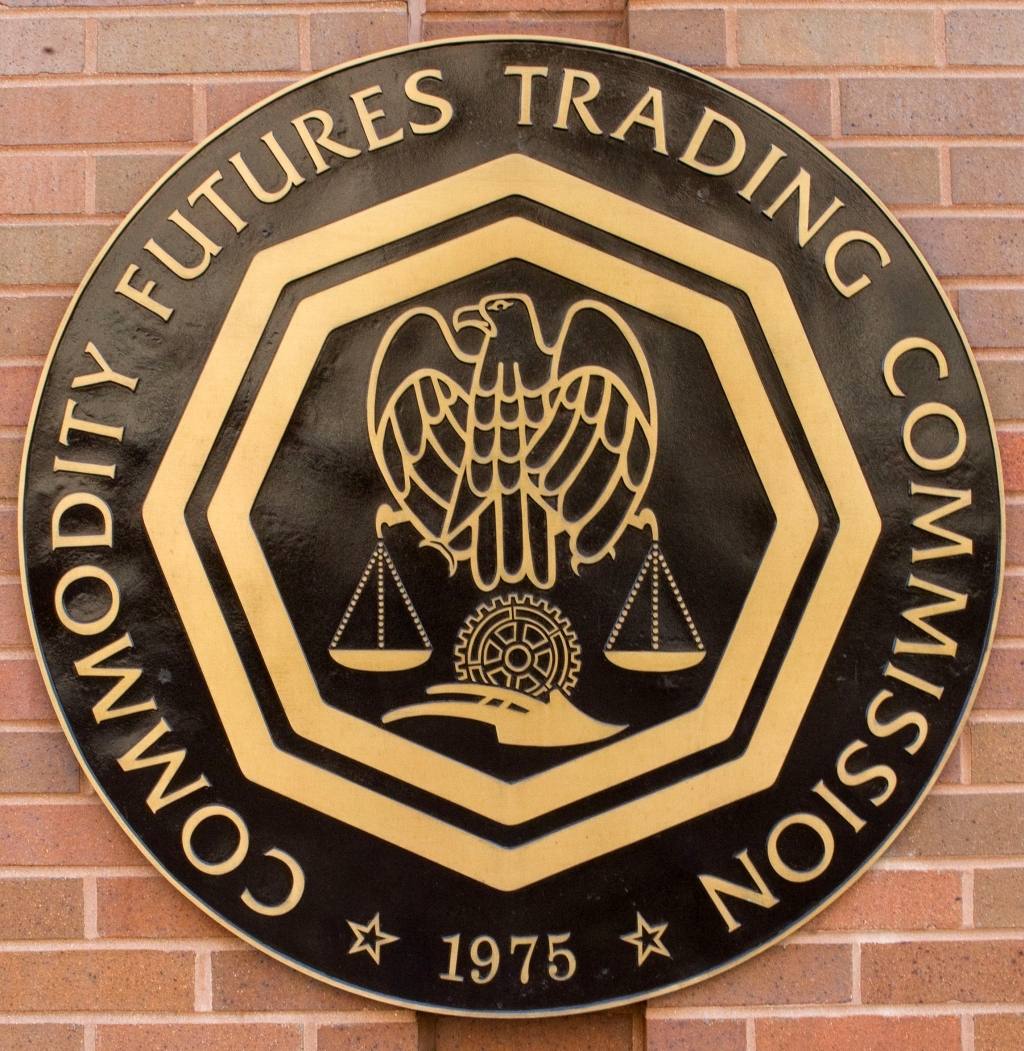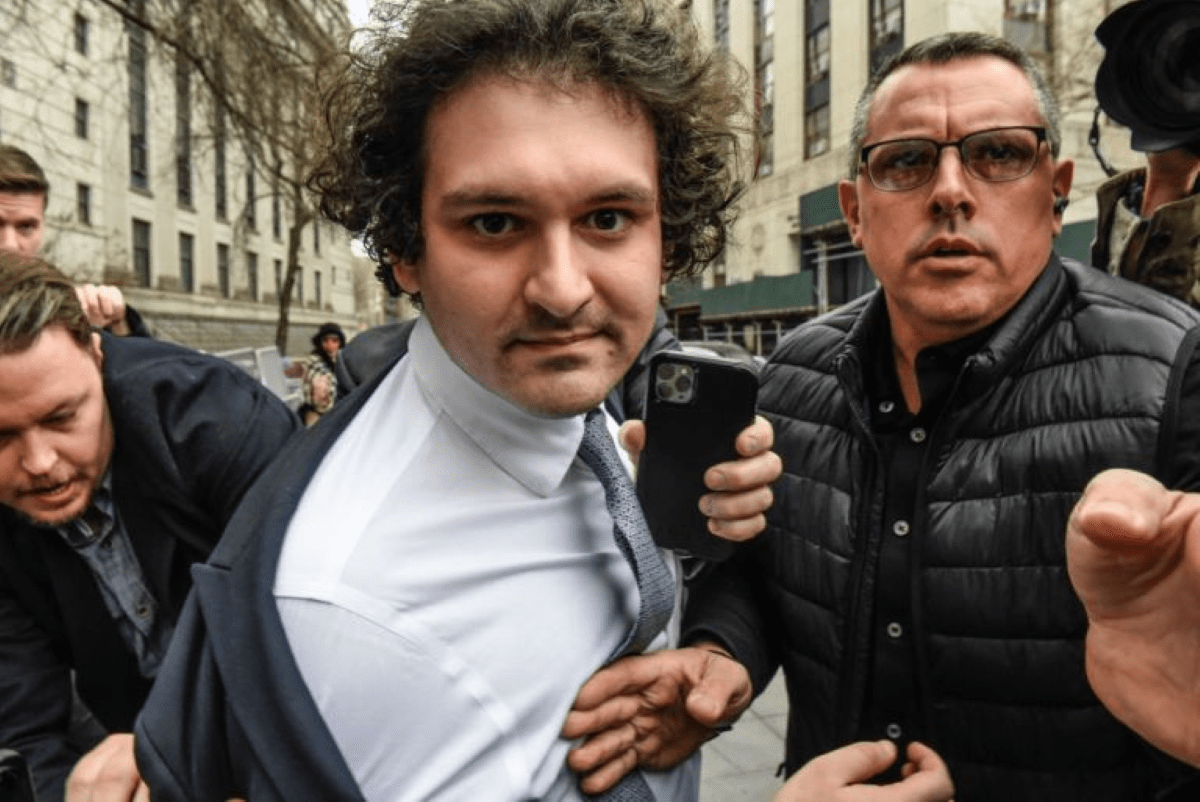Having welcomed the new year in what must have been the coolest party in DC, the Securities and Exchange Commission (SEC) and the Commodity and Futures Trading Commission (CFTC) are back. And bitcoin busting is on the menu.
CFTC and SEC look to reign in the new year with new regulations
Last fall’s wild ride frazzled regulators. They searched their bureaucratic souls about their role protecting investors in this brave new world..
The SEC of course has been at this for a while. Last summer it declared the defunct DAO a security and thus under its aegis. And Chairman “Shallow-End Jay” Clayton recently issued a ‘stern’ warning to market professionals about crypto guidance. It is now preparing for war.
But the CFTC usually sounded more cautious. It didn’t formally recognize bitcoin as a commodity until 2014. It stated US law does not provide for “direct, comprehensive Federal oversight of underlying Bitcoin or virtual currency spot markets.” Chairman J. Christopher Giancarlo stated the CFTC had “limited statutory authority” over these “largely unregulated markets.” Perhaps market professionals weren’t the only ones sternly talked to.
In a joint op-ed last week, Clayton and Giancarlo declared their agencies will pour abundant resources into regulating crypto. For the SEC that means Initial Coin Offerings (ICOs) are securities regardless of secondary or utility traits. (This also means the appointment of crypto czar ‘NPC Valerie.’)
CFTC changes its tune on regulatory authority
Exchanges normally “self-certify” and trade futures without CFTC approval. But the agency talked with two major exchanges before trading bitcoin futures. And implemented new rules for investment protection. By doing so, the agency declared it now has “clear legal authority.” Thus “oversight over the U.S. bitcoin futures market and access to data that can facilitate the detection and pursuit of bad actors in underlying spot markets.”
The CFTC’s epiphany means bitcoin futures are subject to “heightened review” to produce “extensive visibility and monitoring of markets for virtual currency derivatives and underlying settlement rates.” And this includes “robust enforcement,” “asserting legal authority,” and “government-wide coordination.”
New technology brings old scams
The CFTC clearly thinks extra scrutiny will deter scammers and ensure market fairness. It may be right. Scammers do exist and the agency is hunting pilfering confidence men.
Colorado millennial Dillon Dean bilked over $1 million from 600 investors claiming faked “expertise” in options contracts. He insisted on bitcoin payment. But he (allegedly) pocketed the money without a single trade.
In Las Vegas, scammers Randall Carter and Mark Gillespie created My Big Coin and bilked over $6 million. The duo claimed their coin was accepted alongside Master Card. But the money (allegedly) went for “personal expenses and the purchase of luxury goods.”
Lest East Coasters think they are too sophisticated for such ruses, a New York con man proved otherwise. Patrick Kerry McDonnell, a self-anointed “cryptocurrency investment expert” created CabbageTech to sell tips, promising at one point 300% returns. But soon after would-be clients gave the cabbage, McDonnell shut down. He (allegedly) misappropriated the funds.
Will new CFTC rules stop scams?
The interesting question is would CFTC regulation have stopped any of these (alleged) scams a priori? Regulators say the 1990s tech boom shows oversight is vital. But the analogy doesn’t hold. Disclosure and protections were in place then. No one claimed the SEC didn’t have jurisdiction. Pets.com and the rest followed all the rules yet lots of people gambled and lost. FOMO ruled the day as it does now.
The SEC and CFTC must find the fine line between prosecuting fraud and overburdening innovation.








